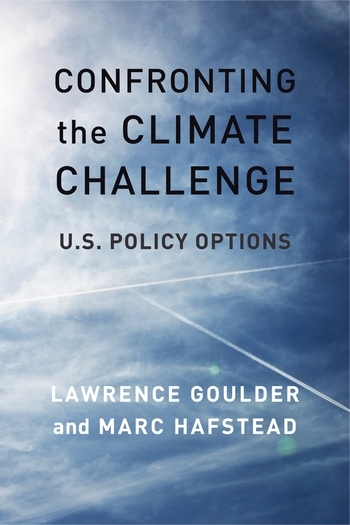A Possible Peace between Israel and Palestine: A Posting from Menachem Klein
 Menachem Klein is a senior lecturer in the Department of Political Science at Bar-Ilan University, Israel, and was a team member of the Geneva Initiative negotiations of 2003. He has advised both the Israeli government and the Israeli delegation for peace talks with the PLO (2000), and was a fellow at Oxford University and a visiting professor at MIT. Klein is most recently the author of A Possible Peace between Israel and Palestine: An Insider’s Account of the Geneva Initiative.
Menachem Klein is a senior lecturer in the Department of Political Science at Bar-Ilan University, Israel, and was a team member of the Geneva Initiative negotiations of 2003. He has advised both the Israeli government and the Israeli delegation for peace talks with the PLO (2000), and was a fellow at Oxford University and a visiting professor at MIT. Klein is most recently the author of A Possible Peace between Israel and Palestine: An Insider’s Account of the Geneva Initiative.
Is there an alternative to the daily bloodshed between Israel and the Palestinian Authority? Is this conflict unsolvable? The answer to the first question is yes, while to the second one it is no.
My book—A Possible Peace between Israel and Palestine—shows what a final peace treaty can look like. The Geneva Initiative which the book describes and analyzes is a model developed by former Israeli and Palestinian negotiators, army generals, and politicians. They brought their previous experience as peace makers to the Geneva Initiative, which contains detailed provisions resolving all outstanding issues between Israel and the Palestinian people, including drawing a border between Israel and Palestine, dividing Jerusalem, and determining the status of the Palestinian refugees.
The Geneva Initiative provides a comprehensive alternative to the current escalating conflict. President Bush’s road map has not succeeded in gaining momentum because it does not lead in any clear direction. It has been primarily a guide for interim arrangements, and for containment of the Israeli-Palestinian conflict in a framework that has been extremely foggy with regard to a final agreement and the end of the conflict. The Geneva Initiative stands out as an alternative to the poverty of current policy. The key question is whether the Israeli and American governments will have sufficient energy and political courage to change direction. Another open question is whether the two sides can renew negotiations given their current lack of faith in each other. Attempts to achieve a partial final status agreement, in keeping with the Road Map, have failed. Once again, the Geneva Initiative is relevant as a model for a final Israeli-Palestinian agreement, and as a possible basis for renewal of negotiations.
I had the privilege to be part of the negotiating team a fact which is reflected in the book’s subtitle: An Insiders’ Account of the Geneva Initiative. My academic studies of Israeli-Palestinian relations and the history, society and politics of each of them, as well as my experience as an advisor to the Israeli peace negotiating team, provided me both an insider’s perspective and an impartial analysis of the diplomatic efforts behind the Geneva compromise. Although the Geneva Initiative was not endorsed by the governments of either side, it became a fundamental frame of reference for solving the Middle East conflict alongside UN Security Council resolutions and President Clinton’s parameters. My aim in writing the book was to bring the reader into the discussion room and behind closed doors. Consequently, the reader can imagine what future Israeli–Palestinian peace talks will look like, how they will manage tough debates, and how they can find a compromise.





